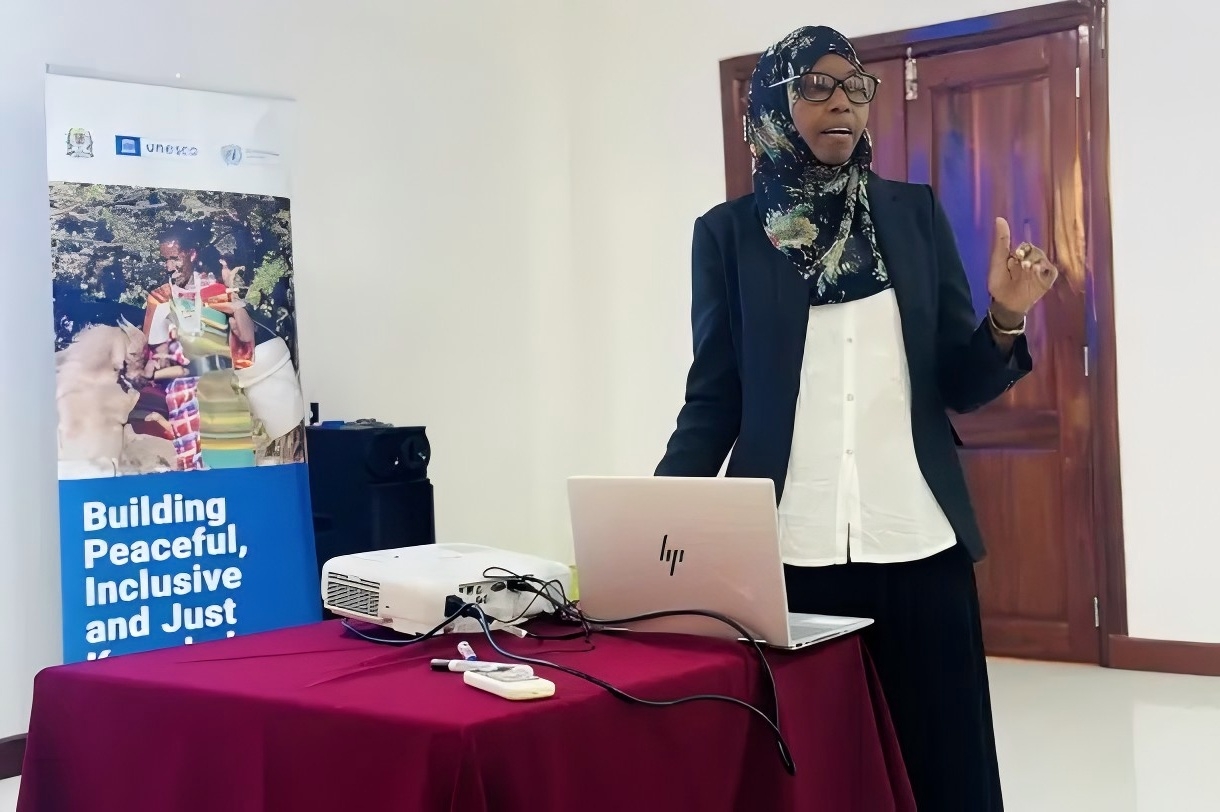
Considering Tanzania’s dedication to safeguarding its rich cultural history to ensure it remains accessible for present and future generations, experts, historians, media professionals, and policymakers have convened in Dodoma from 28 October 2024 to lay the foundation for establishing Tanzania’s Memory of the World National Committee. This initiative aims to promote and safeguard the nation’s rich documentary heritage through strategic content creation and digital outreach.
The Memory of the World (MoW) program, championed by UNESCO, aims to protect and promote the world’s valuable documentary heritage, safeguarding it for future generations. Tanzania’s commitment to this vision underscores the importance of audiovisual materials—films, photographs, recordings, and written documents - in understanding and preserving national history. However, audiovisual heritage is particularly vulnerable, often endangered by physical decay, technological obsolescence, and inadequate preservation measures.
The technical working session focused on two pivotal initiatives: forming the Memory of the World National Committee, which will lead the charge in identifying, preserving, and promoting Tanzania’s documentary heritage, and exploring the role of digital technology in making these resources accessible to a wider audience with emphasis on the critical role of digitalization in preserving fragile audiovisual assets.
Michel Toto, UNESCO Representative in the United Republic of Tanzania said, “It is a remarkable achievement that Tanzania is taking the crucial step of establishing the National Memory of the World Committee and advancing efforts to safeguard its documentary heritage. This unlocks significant opportunities for Tanzania in education, tourism, and community engagement for present and future generations.”
Tanzania’s heritage, rich with oral traditions, cultural documentation, historical speeches, and pivotal political events, must be digitally preserved to prevent loss. Discussions explore the latest tools and methodologies for digitizing archives, strategies for sustainable digital storage, and ways to facilitate local access to these materials. The digitization process not only aims to preserve history but also to engage the public, especially the younger generation, by creating content that resonates across digital platforms.
The session addresses the need for training local experts in audiovisual preservation techniques and content creation to ensure that Tanzania builds capacity in these essential fields, highlighting the role of partnerships with international organizations, media institutions, and educational bodies to support these efforts.
As the Memory of the World National Committee begins to take shape, Tanzania’s commitment to preserving and promoting its documentary heritage stands as a model for other nations facing similar preservation challenges. This year’s commemoration of World Day for Audiovisual Heritage marks a crucial step toward a future where Tanzania’s documentary memory is both safeguarded and accessible, bridging generations and inspiring a deeper connection with the nation’s rich history.